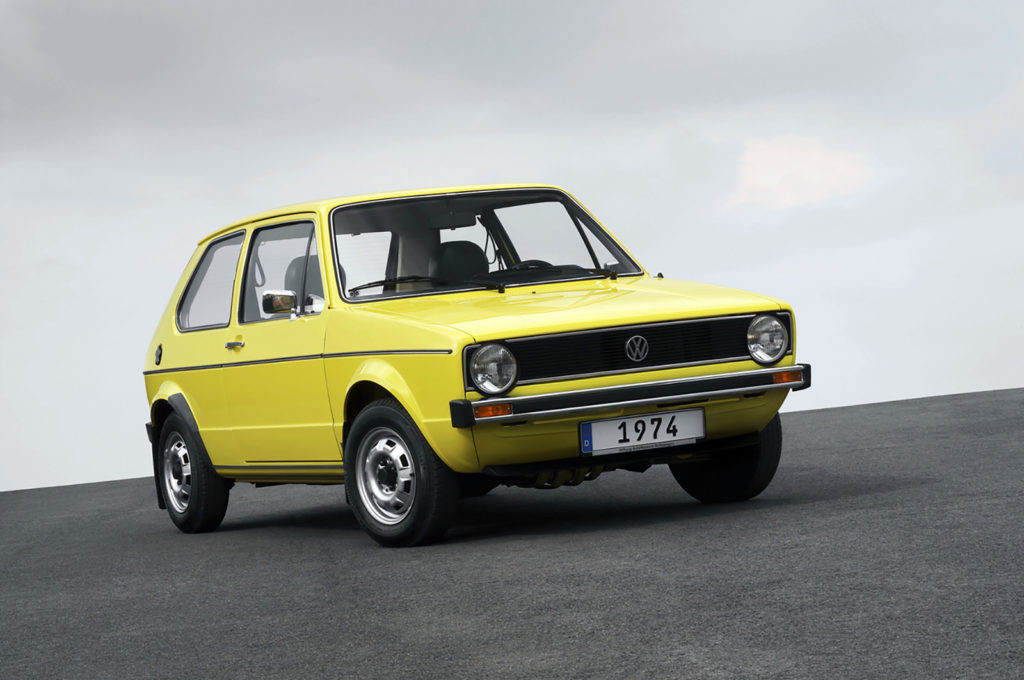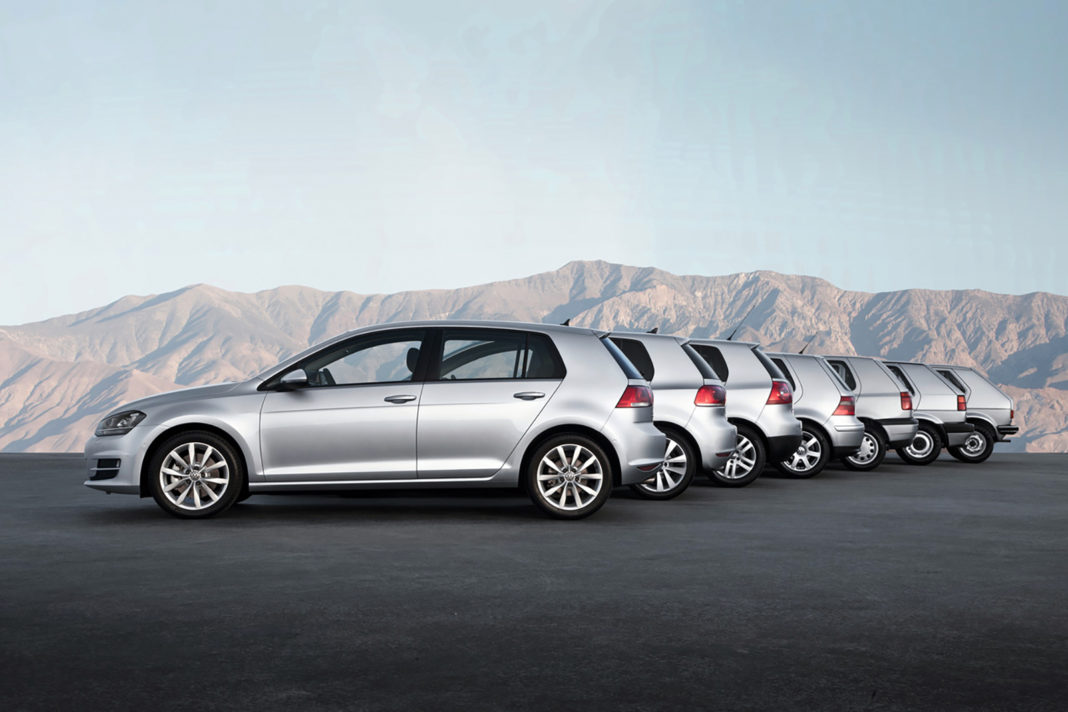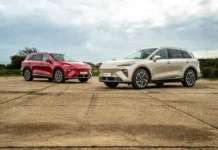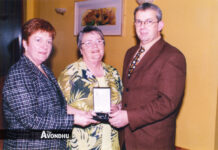The Golf, the most successful European car, is turning 45. On 29 March 1974, the Volkswagen plant in Wolfsburg officially started production of what would become its best-seller.
Back then, nobody at Volkswagen had any idea that the successor to the legendary Beetle would end up selling more than 35 million units all over the world – and still selling to this day.
In purely mathematical terms, a new Golf has been ordered somewhere in the world every 41 seconds, every day, without interruption, since the start of production (SOP) 45 years ago. That is an average of around 780,000 vehicles per year.
Ralf Brandstätter, Chief Operating Officer of Volkswagen: “The Golf is at the very heart of our brand. It stands for progress and technology like no other car. For example, the Golf made safety technology affordable for millions of people for the first time. Thanks to this, it made its mark on an entire generation.”
Brandstätter went on to emphasise: “For seven generations, the Golf has made a contribution to the development of Volkswagen as a brand and as a group – into one of the most important automotive producers in the world.”
Dr. Stefan Loth, Plant Manager at Volkswagen in Wolfsburg: “In 1974, our employees were facing the challenge of switching from the Beetle to the Golf. Since then, we have consistently continued to develop our main plant and today, in addition to the Golf, we produce the e-Golf1), the Golf GTE2), the Golf Sportsvan, and three additional models here in Wolfsburg.”
As one of the compact models on the global market that most defies classification, the Golf is set to remain a key product pillar of the Volkswagen brand.
With its state-of-the-art drive, assist systems, Infotainment and operating systems, it will provide a decisive impetus for the future of mobility.

Important data on the debut of the Golf I:
29 March 1974: First Golf rolls off the assembly line – Start of series production
8 July 1974: Golf is available in showrooms of Volkswagen dealerships
5 August 1974: Delivery of the new Golf to customers begins
The 1974 Golf I
Design: 2-door and 4-door vehicles with boot lid
Interior: Five-seater, 300-litre luggage compartment, foldable rear bench seat
Engines: 1.1-litre four-cylinder petrol engine, 37 kW / 50 PS 1.5-litre four-cylinder petrol engine, 51 kW / 70 PS
Drive: Front-wheel drive, four-speed manual gearbox, three-speed automatic available as an option
Maximum speed: 140 km/h (50 PS, manual gearbox) 160 km/h (70 PS, manual gearbox)
Models: Golf and Golf L (both 50 PS) Golf S and Golf LS (both 70 PS)
1) e-Golf, 100 kW (136 PS) – (NEDC) power consumption, kWh/100 km: combined 14.1–13.2; CO₂ emissions combined, g/km: 0; efficiency class: A+
2) Golf GTE, 150 kW (204 PS) – (NEDC) fuel consumption, l/100 km: combined 1.8–1.6; power consumption, kWh/100 km: combined 12.0– 11.4; CO₂ emissions combined, g/km: 40–36; efficiency class: A+








